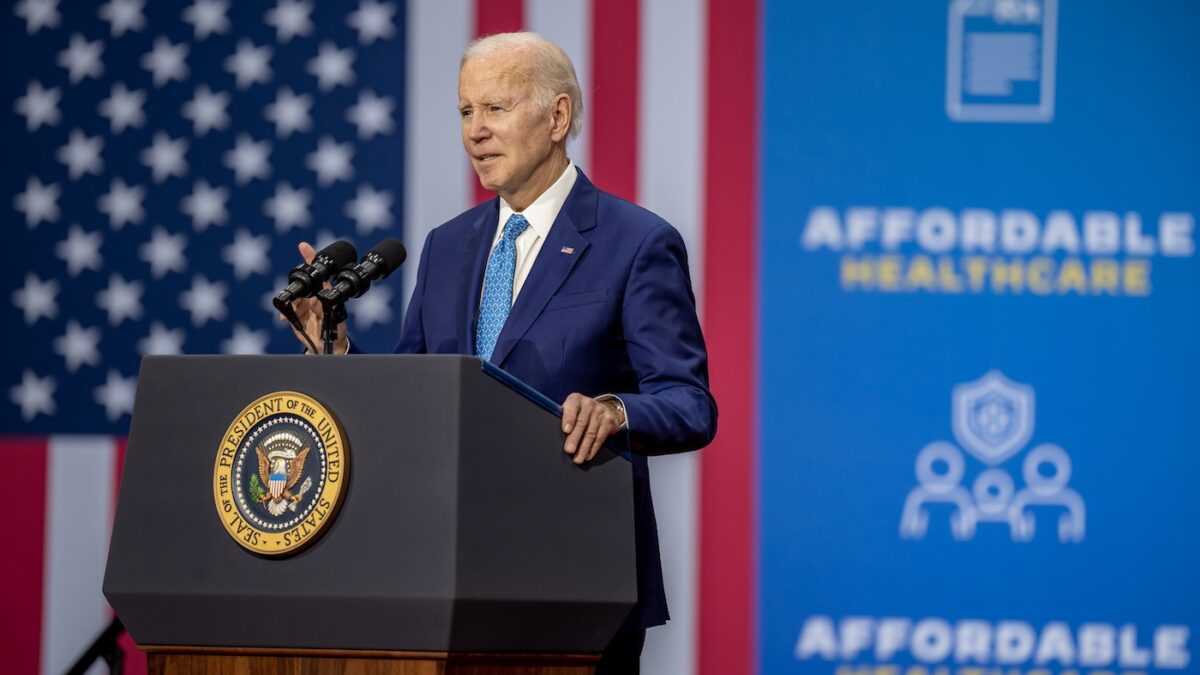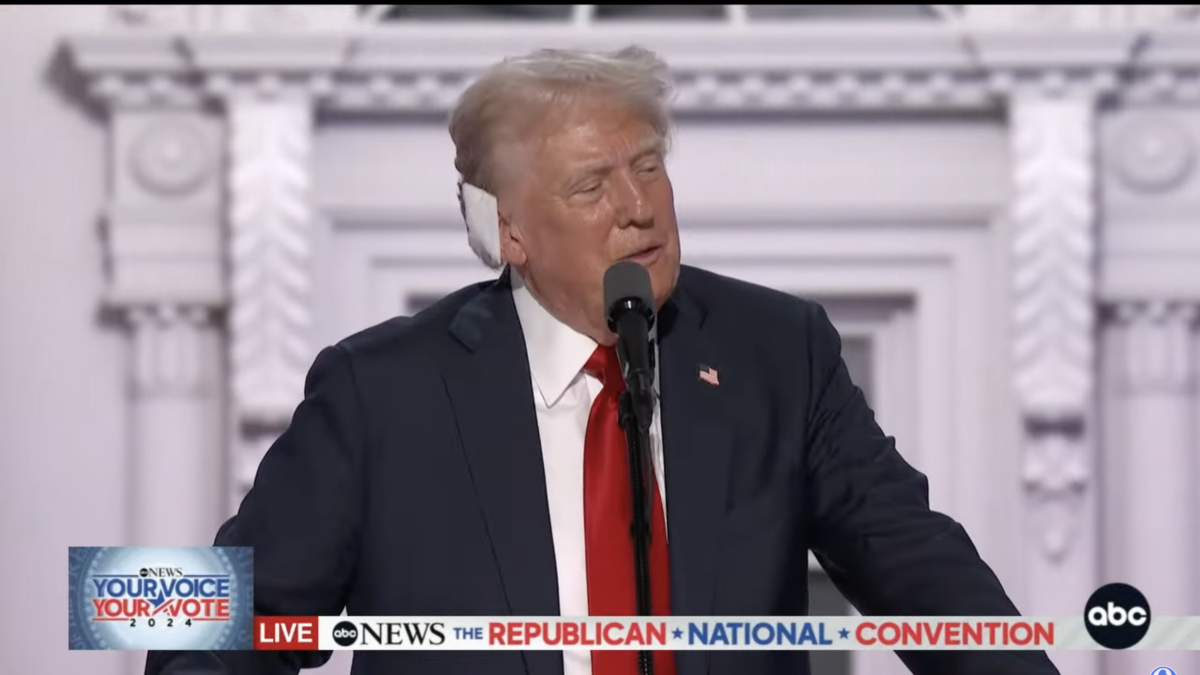
Charles Murray’s recent essay for the Wall Street Journal argues for a universal basic income, or UBI. Instead of the sprawling mess of welfare programs we have today, the idea is to end all social welfare programs and instead just cut everyone a check. In Murray’s reckoning, every American citizen age 21 and older would get $13,000 a year from Uncle Sam, deposited in monthly installments to a bank account.
At first glance, this appears to fly in the face of conservative notions about the growth of the welfare state and the responsibility of the individual. If the government starts cutting checks for everyone, won’t that further entrench government dependence and sap American work ethic? Doesn’t this rather European idea (even Switzerland rejected it) stand in direct contrast to the American ideal of hard work and self-reliance? Won’t it do what Murray says his detractors claim it will do, “foster idleness and vice”?
Maybe it will, for some people. But as Murray notes, that’s already the case. The real virtue of UBI is that it would break up the special interests and government-backed cartels that administer a welfare regime that now spends about a trillion taxpayer dollars per year.
Many Welfare Funds Go Directly To Special Interests
To understand Murray’s case for UBI, you have to appreciate the structural flaws of our corrupt welfare system. After all, Murray isn’t suggesting we tack on cash benefits to exiting welfare programs, he’s proposing that we replace “Social Security, Medicare, Medicaid, food stamps, Supplemental Security Income, housing subsidies, welfare for single women and every other kind of welfare and social-services program” with UBI.
One of the main problems with our welfare system is that we routinely outsource government services to third parties. Those third parties have an interest in maintaining the welfare system and advocating for ever-more taxpayer funding for it. In many cases, complex business models are built on extracting as much funding from federal and state governments as possible.
Take Medicaid, the program that provides health coverage to the poor and disabled. It’s funded by state and federal tax dollars, and most states contract with managed care organizations, or MCOs, to take care of Medicaid enrollees. The state agency in charge of Medicaid pays an MCO a set amount for every person enrolled in its plan. The MCO guarantees to cover whatever medical costs its enrollees incur, and must maintain a network of providers to take care of its enrollees. It pays these providers (doctors, hospitals) with state and federal taxpayer dollars, but it has a vested interest in paying them as little as possible so it can keep as much of the initial contracted amount for itself.
Likewise, providers have an interest in billing Medicaid as much as possible, because it represents a potentially unlimited source of revenue. You can imagine how much money all this wastes, not just in Medicaid fraud (combined Medicare and Medicaid overpayments and fraud in 2014 were estimated to be $124.7 billion) but also in the cost of the state agencies charged with running Medicaid.
In a large state like Texas, which has a fairly lean Medicaid program compared to California and New York, the program’s annual budget is still more than $30 billion a year (about a third of the total state budget). Texas employs tens of thousands of people in the state agencies charged with running Medicaid, including the scandal-plagued Office of Inspector General, which is supposed to stop Medicaid fraud.
To Murray’s point: there are about 4 million people on Medicaid in Texas. If the state simply disbanded its Medicaid program and cut checks to everyone enrolled, that would work out to about $7,500 per person to pay for health care.
Medicaid is just one example of how our welfare system invites abuse. Medicare, the federal program that provides health care for the elderly, is arguably much worse. Last year, the FBI arrested 243 people in 17 cities across the country in the largest Medicare bust ever—a whopping $712 million for care that was never given or unnecessary. (Among those arrested, for example, was a Los Angeles doctor who billed $23 million for 1,000 power wheelchairs and home health services that weren’t necessary and often were never provided.)
‘Free-Market’ Welfare Is Better Than Crony Capitalism Welfare
Libertarians and some conservatives will argue that this is yet more evidence that welfare doesn’t work and that we should scrap it altogether. The reality is that getting rid of welfare isn’t politically viable. A vast majority of Americans from across the political spectrum support Social Security, and some recent polls even find majority support for the federally funded “Medicare for all” health-care system espoused by Sen. Bernie Sanders.
If we’re going to have a welfare system, and it seems that we are, then we should let individuals choose how best to use those funds—even if some people use them to indulge in “idleness and vice.” While it’s true that a guaranteed income would still suffer from the inherent problems that plague all welfare schemes, it would solve one of the most pernicious problems with our current welfare system by cutting out the middlemen who profit from it.









